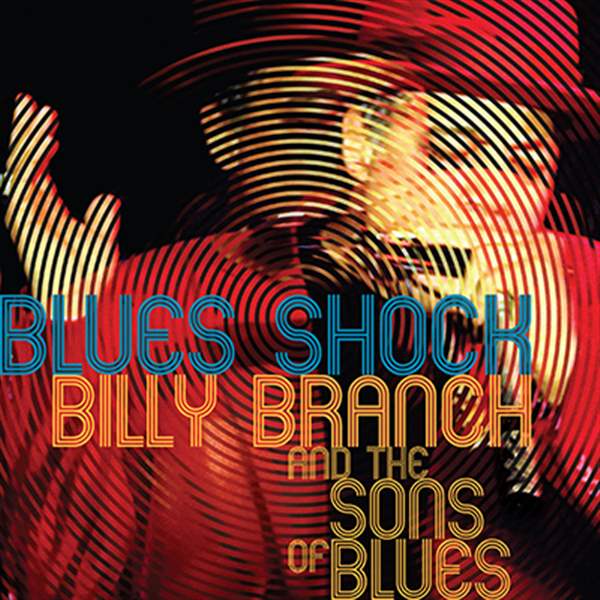
PEACH WEEKENDER
Sounds: Broken Bells’ ‘Disco’ seems bigger than a side project
2/6/2014

Danger Mouse, aka Brian Burton, left, on drums, and James Mercer of Broken Bells perform in 2010.
AFTER THE DISCO
Broken Bells (Columbia)

The debut from Broken Bells — the high-profile duo of James Mercer from indie-rock darlings the Shins, and in-demand producer Danger Mouse, currently nominated for an Oscar for his work with U2 — was an interesting combination of their disparate musical styles.
On their follow-up, “After the Disco," however, Broken Bells has built an identity all its own that combines Mercer’s knack for melody and Danger Mouse’s love of strong beats and clever production.
The single “Holding on for Life” seems to capture this new vibe best, with the jangling guitars and Mercer’s falsetto that is reminiscent of Barry Gibb balancing against layers of synthesizer riffs and, of course, a deep groove.
While most of the album is designed to be the chillout that people put on to relax after a night of dancing, with pretty, acoustic-driven numbers like the haunting “Leave It Alone” and the charming, guitar-driven “Control,” they still include some potent floor-fillers. The “After the Disco” title track is a thrilling slice of electro-pop paired with a bass groove dripping with Roxy Music cool and stacks of sampled vocals that add to the fun. “Medicine” works equally well, as it tries to offer enough icy, electronic beats and “Let’s Dance”-era David Bowie references to distract from the lyrics outlining the world’s issues.
Danger Mouse talks about how Broken Bells has become his priority, how his production work and his other projects like Gnarls Barkley have become secondary. That attention shows on “After the Disco,” and it’s sure to make Broken Bells a major success.
— GLENN GAMBOA,
Newsday

THE LIGHTS FROM THE CHEMICAL PLANT
Robert Ellis (New West)
Robert Ellis is an exacting songwriter. On his third album, the Lone Star State native, now living in Nashville, goes to work with Tom Waits and Kings of Leon producer Jaquire King. He presents his detail-oriented narratives in a variety of settings, from bossa nova to bluegrass. As he flirts with jazz and honky-tonk, and faithfully covers Paul Simon’s “Still Crazy After All These Years,” Ellis is musically promiscuous but narratively precise.
His nasal vocal delivery recalls Willie Nelson, but there’s nothing casual about it; he’s not the kind to leave a word or a note out of place. Is he “Texas’ next great singer-songwriter,” as Texas Monthly magazine recently declared him to be? Time will tell on that one.
For now, he’s a disciplined and demanding young talent, an old soul of 25 years whose best songs — like the title cut and especially the closer, a self-critical, non-sentimental, and, frankly, depressing tune titled “Tour Song” — point to a promising future.
— DAN DELUCA,
Philadelphia Inquirer

BLUES SHOCK
Billy Branch and the Sons of Blues (Blind Pig)
In his first studio recording in nearly 15 years and his first on the San Francisco-based Blind Pig label, harp master Billy Branch offers up a mix of conventional and unconventional — even slightly bold — songs that re-establish him among the Chicago blues elite.
His personal favorite is "Going to See Miss Gerri One More Time," a tribute to 93-year-old former tavern owner Gerri Oliver whose landmark establishment was torn down. Branch calls it the most difficult, yet best song he's ever written. Other highlights include a song written by Branch's mentor, Willie Dixon, and an upbeat, rockin' reinterpretation of John Lee Hooker's classic, bass-driven thumper, "Boom, Boom." For my money, though, you can't go wrong with the foot-stompin, rollickin' dance number that Branch wrote, "Baby, Let Me Butter Your Corn" for playful, suggestive flirting.
My favorite is the piece Branch wrote that closes out the album, the all-instrumental "Song for My Mother." In it, Branch and his band members shine with solos that are passionate, easy-flowing and from-the-heart, a song that represents blues at its best.
— TOM HENRY